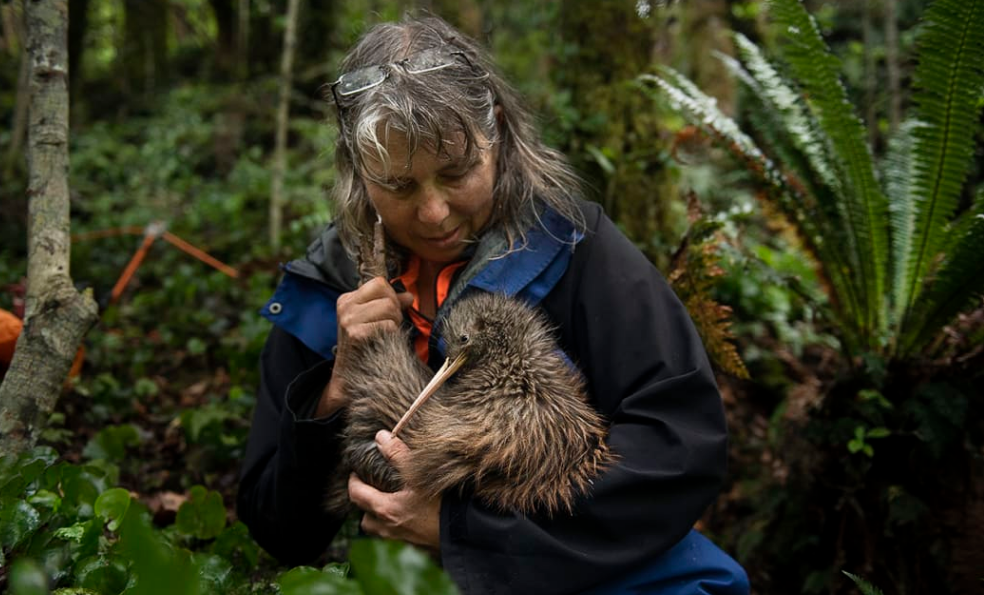
Susan Ellis, project lead for kiwi monitoring with the Remutaka Conservation Trust, told RNZ's Midday Report programme today the pair were tracked as part of the trust's annual acoustic survey.
"Based on preliminary results from this year's survey, kiwi have spread over a considerable area of the Remutaka Ranges near Wellington."
Kiwi have reached the outskirts of Wainuiomata (Hine Road and Sunny Grove), the Wainuiomata Coast Road (Boys Brigade area) and they have crossed the Orongorongo River.
"There are credible signs of kiwi on the Wairarapa side of the range, and they have spread all through Greater Wellington's mainland island catchment area to Skull Gully," Ellis said.
"The latest data to the north also show kiwi calling between Moores Valley and Whitemans Valley, and one female call was picked up in the hills east of Whitemans Valley as well, showing how the kiwi are spreading north towards Upper Hutt."
The Remutaka Conservation Trust has been involved in trapping pests and tracking kiwi since 2006, and now estimates there are almost 300 kiwi in the Remutaka Range.
From 2006 until 2011 radio transmitters were affixed to their legs, but since 2011, the trust has moved to remote acoustic monitoring - where microphones are fixed to trees in the area to monitor the kiwi calls.
The Moa Conservation Trust and the Predator-Free Upper Hutt group have helped to put Department of Conservation AR4 acoustic recorders in place.
"These are made by the DOC electronics lab and have been an incredible aid to conservation monitoring of kiwi in New Zealand," Ellis said.
Community support had been vital for trapping too. The trust had laid hundreds of DOC200 stoat traps in the area, helping to keep the chicks safe from stoat predation.
That effort had been supported by Mainland Island Restoration Operation Eastbourne, Predator-Free Wainuiomata and Predator-Free Upper Hutt, as well as Greater Wellington's mainland island project in the Wainuiomata Water Catchment.













